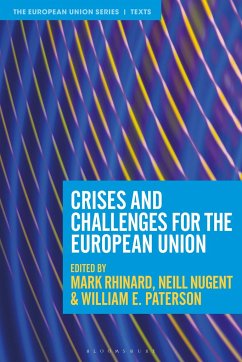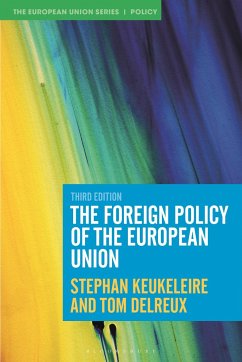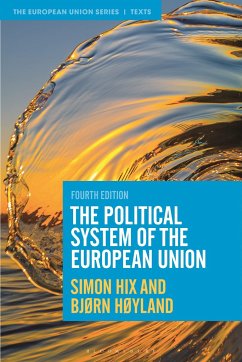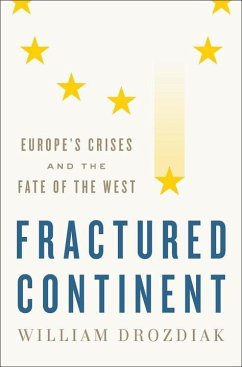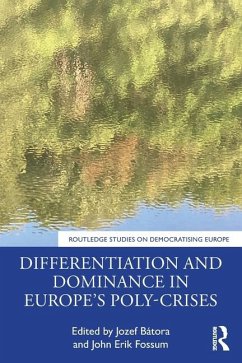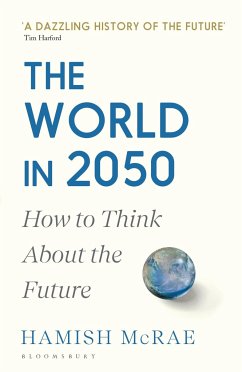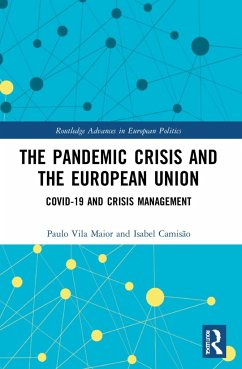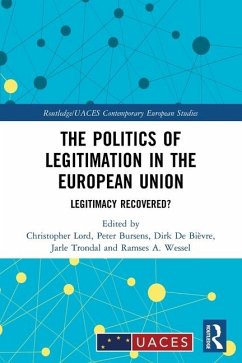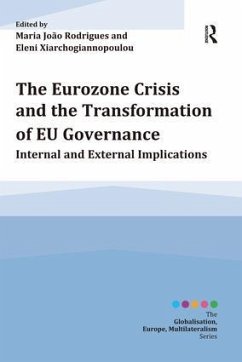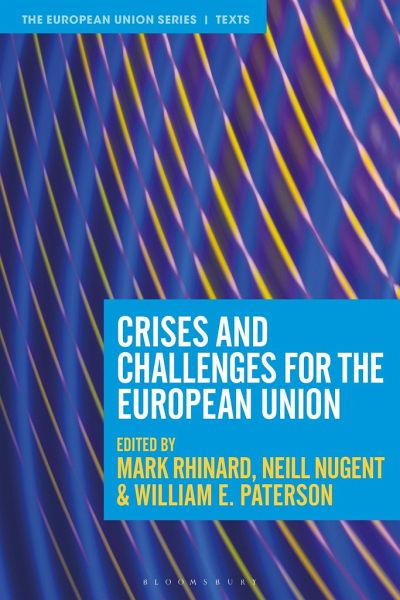
Crises and Challenges for the European Union
Versandkostenfrei!
Versandfertig in 1-2 Wochen
137,99 €
inkl. MwSt.

PAYBACK Punkte
69 °P sammeln!
The crises of the European Union extend beyond the challenges of Covid-19, Brexit, the Eurozone, and mass migration, cutting to the core of the EU itself. Taking a structural rather than event-based approach, this text unpacks all aspects of the EU in crisis and analyses the implications of these crises for the EU and its member states. This edition argues that crises and challenges are no longer unique and discreet events facing the EU, but rather, they are better understood as sustained conditions that have changed the relationships between member states, the functioning of institutions, the...
The crises of the European Union extend beyond the challenges of Covid-19, Brexit, the Eurozone, and mass migration, cutting to the core of the EU itself. Taking a structural rather than event-based approach, this text unpacks all aspects of the EU in crisis and analyses the implications of these crises for the EU and its member states. This edition argues that crises and challenges are no longer unique and discreet events facing the EU, but rather, they are better understood as sustained conditions that have changed the relationships between member states, the functioning of institutions, the nature of public engagement and the prospects for integration. Chapters broach institutional issues as well as specific policy challenges, covering questions of legitimacy and leadership and offering a full chapter on democracy and Euroscepticism. Working within both historical and theoretical frameworks, this is the perfect companion for those studying and researching contemporary challenges facing the EU, European integration, political crisis management and transboundary crises more broadly.





